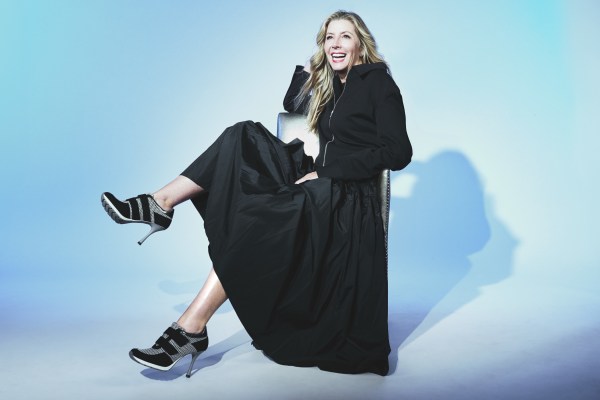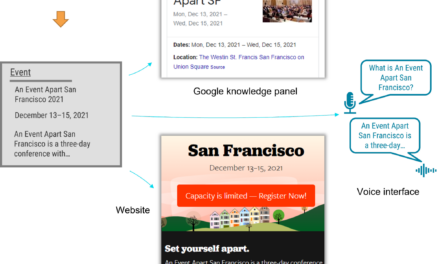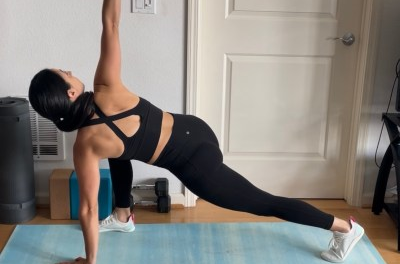We chatted with experts to find out.
Sneakers and stilettos don’t exactly go together like peanut butter and jelly, but that hasn’t stopped designers from trying. The latest attempt to give functional footwear a fashionable boost (literally) comes from the founder of Spanx, Sara Blakely, with the release of her new shoe line, Sneex. “I’ve been dreaming of inventing comfortable high heels since I started wearing them,” Blakely writes on the website. “I craved a completely new kind of shoe, something that sparked playfulness and made me excited to get dressed again.”
The internet isn’t exactly sold on what Blakely delivered—Sneex went viral, and not in the good way. The hippogriff of footwear, it has the body and sole of a sneaker, all sitting on a skinny heel. It comes in color blocked or single colors, with three strap options: wide, single velcro, or double velcro. And it claims to address “all of our major pain points in high heels.”
“Velcro??? Are we toddlers?” one of the many aghast members of the public asks on X (formerly Twitter). Oh, and they cost from $395 to $595.
My Instagram feed is filled with ads for supposedly comfortable heels (or more often, wedges). That’s not Sneex’s schtick. In an interview for a Vogue review of the shoe, Blakely says she wanted to wear a heel that felt like she was wearing a sneaker. So she spent nine years getting into the engineering in order to debut a hybrid.
Is that even possible? Stilettos are so far removed from the sneaker-verse that routinely wearing heels for extended periods of time can result in short term and long term pain and injury, after all. Can sneaker-ifying the heel make them less terrible for your feet?
What a podiatrist says
Theoretically, addressing the (literal) pain points of a high heel could help make them more like a sneaker—up to a point, says Jodi R. Schoenhaus, DPM, RPhs, FACFAS, board-certified podiatrist at Foot, Ankle & Leg Vein Center.
“In effect, one would be able to wear the shoe longer without developing pain and digit deformities,” Dr. Schoenhaus says of the Sneex’ efforts to hybridize heels and sneakers. “With less mechanical strain on the body during the gait cycle and a front shock absorbing platform, wearing the Sneex shoe would be more comfortable to wear for a longer day.”
Heels are generally uncomfortable for a few main reasons. The toe box can often squish the front of your foot and your toes. That squished front foot also takes on a disproportionate amount of weight thanks to the heel. No arch support means, well, unsupported arches that are prone to collapse and make an unstable base. And less surface area for your weight on that heel makes your muscles work harder and tense up.
“High heel shoes with a stiletto heel cause an imbalance of weight distribution, putting more weight on the ball of the foot,” Dr. Schoenhaus says. “The pointed foot (plantar flexion) then causes strain on the knee and an exaggerated curve of the spine. Walking in stiletto heels is naturally unstable as there is a decrease in the heel base of gait, which leads to imbalance and the risk of ankle injuries such as sprains and fractures.”
Sneex supposedly have a wider toe box, better arch support, and improved weight distribution. To Dr. Schoenhaus, this sounds promising.
“The concept of a wider toe box and softer fabrics is that the toes are not crammed together, and the muscles of the toes do not have to work as hard to grip the ground,” Dr. Schoenhaus says. “The redistribution of weight is a significant advancement. Between the front platform and better arch control, there is less pressure on the ankle, knee, and lower back.”
Dr. Schoenhaus says this should allow someone to wear the shoe for a longer time without pain. She was also “pleased to see a front platform that not only takes the strain off of the front of the foot but also a good shock absorber so that the ball of the foot burning, often associated with high heel use, is minimized.”
Still, a pair of Hokas—beloved by people like nurses who have to be on their feet for 12-hour shifts—Sneex are not. Dr. Schoenhaus recommends alternating between sitting and standing if you’re planning to wear them all day. She also notes that she wishes they came in half sizes, which was an issue for the size 7.5 shoe-wearing Vogue reviewer, who found the size 8s unstable and the size 7s too squished.
Not to mention that they don’t quite hit the sleek stiletto mark, either.
“I can picture myself in this shoe with jeans and some dresses,” Dr. Schoenhaus says. “But I don’t plan on trading them in for my nightlife shoes.”
Recommended Story For You :

The alpine secret for healthy weight loss

The Most Potent Fast-Acting Formula For Incinerating Stubborn Fat

Real Cortexi Users Real Life‑Changing Results
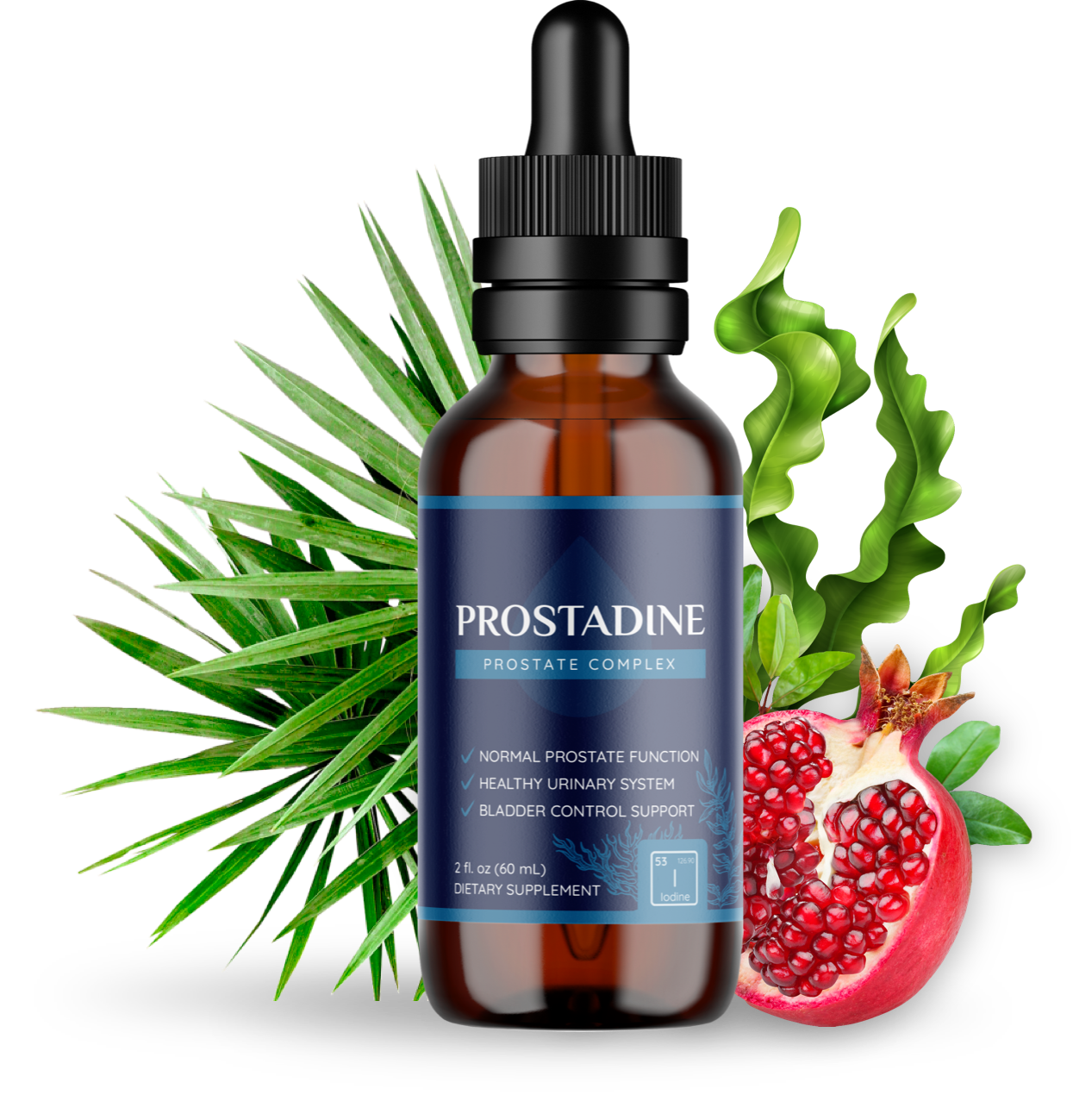
This Cold Drink Might Trigger Your Prostate

Red Boost is a powerful new formula for boosting male sexual health.
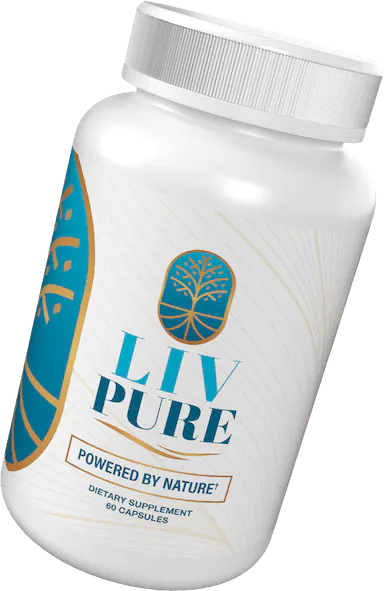
Everything you eat or drink eventually reaches your liver for processing.

Brand New Probiotics Specially Designed For The Health Of Your Teeth And Gums

Empowering You to Take Control of Your Blood Sugar Health!

Scientists Finally Discover the Root Cause of Belly Fat and Unexplained Weight Gain


